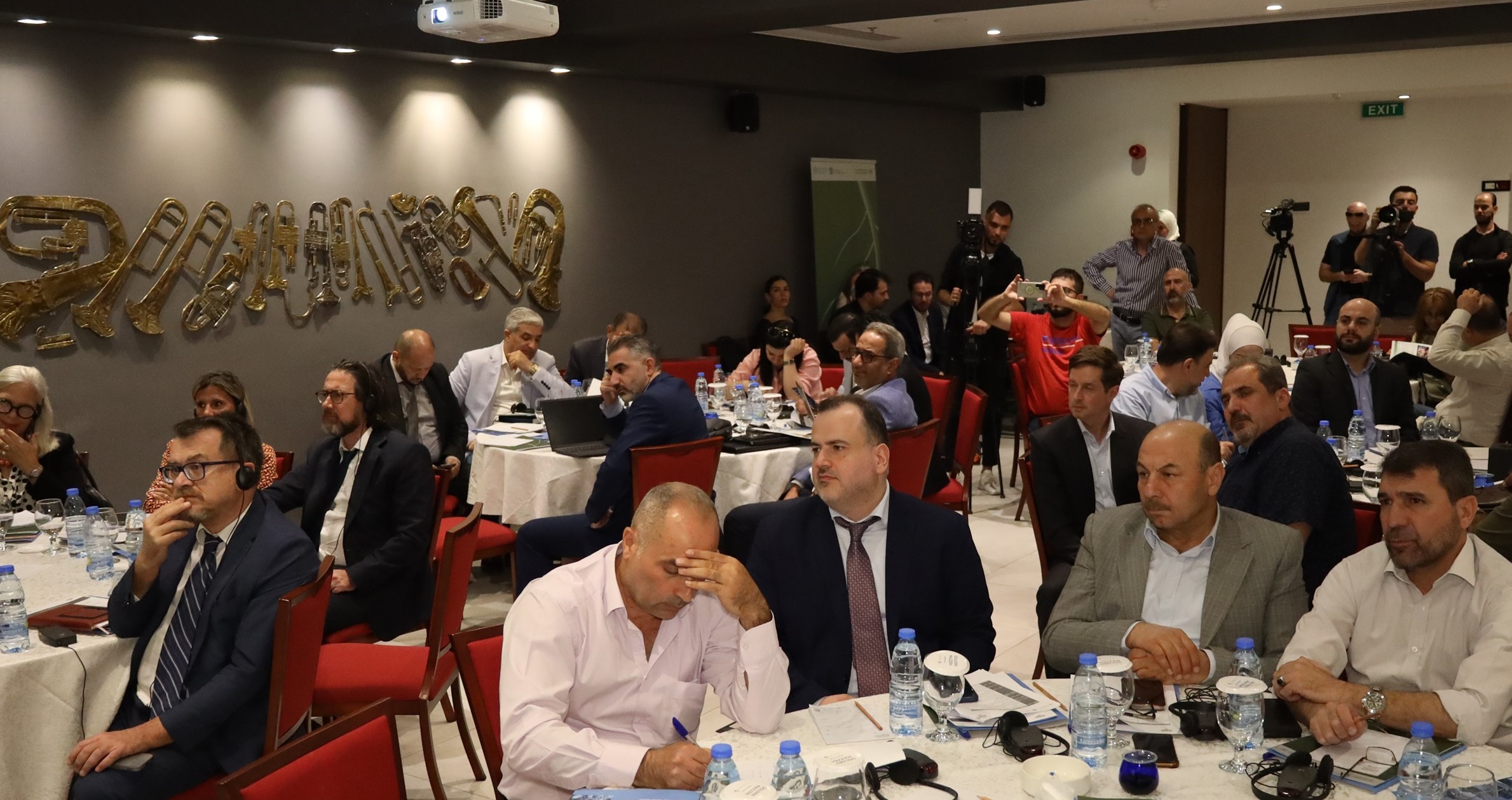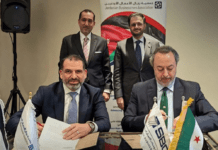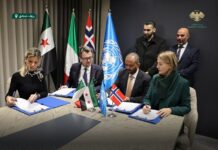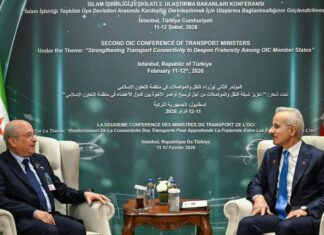
Syria is considered one of the most important historical habitats for olives, which plays a significant role in both dietary and economic systems of the country. The Syrian Ministry of Agriculture, in collaboration with the Food and Agriculture Organization (FAO), prepared an extensive workshop discussing the olive value chain in Syria.
The goal is to identify opportunities for production, quality, and export, improve infrastructure, acquire good agricultural supplies, and encourage investment in the olive industry. The workshop, was called Together to Restore the Value of the Syrian Olive Oil Production Chain, took place in Damascus’ Golden Mazzeh hotel. It is part of the global initiative launched by the FAO in 2021 under the title One Country, One Priority Product, with Syria’s olive being chosen as a national priority product due to its cultural, economic, and agricultural significance.
Empowering Farmers and Enhancing Practices
Minister of Agriculture Amjad Badr emphasized the ministry’s commitment to the sustainability of the olive sector from field to consumer, empowering farmers, cooperatives, and producers by enhancing agricultural, technical, and logistical practices that ensure high quality and competitiveness in local and international markets.
Minister Badr highlighted the importance of cooperation among all stakeholders in both the government sector regarding support policies, legislation, and coordination, and the private sector in improving production lines, packaging, marketing, and export. He also emphasized the role of farmer cooperatives in applying best practices in the field and post-harvest.
Syrian Olive: A Matter of Interest
For his part, FAO Resident Representative in Damascus Tony Attal stated that the Syrian olive is not just an agricultural crop but a part of Syrian identity, a primary source of income for over 300,000 farmers, and a key element in enhancing food security and healthy nutrition. He noted that it is also a high-value export commodity.
Italian Ambassador to Syria Stefano Ravagnan pointed out his country’s interest in cooperating with Syria in the agricultural sector, discussing ways to rehabilitate this sector and support it appropriately.
He stressed that it is essential to lift all sanctions on Syria to enable it to develop and enhance its agricultural capabilities and reconnect producers with European markets.
Executive Programs to Develop the Olive Sector
Saeed Ibrahim, Director of Agricultural Economics and Planning at the Ministry of Agriculture, stated that the ministry is working in cooperation with the organization to establish executive programs within a strategy to develop the olive sector extending until 2033. This includes improving the specifications of Syrian olives and olive oil to meet global standards.
The workshop was attended by representatives from various ministry directorates, the Syrian Agricultural Chambers Union, several regional and international organizations concerned with agricultural and developmental sectors, producers, and olive processing companies in both public and private sectors.
Olive and olive oil production is a fundamental pillar of Syrian agriculture, intertwined with the country’s history, cultural identity, and rural economy. The FAO initiative aims to promote good agricultural practices and encourage investment in specific agricultural products.








